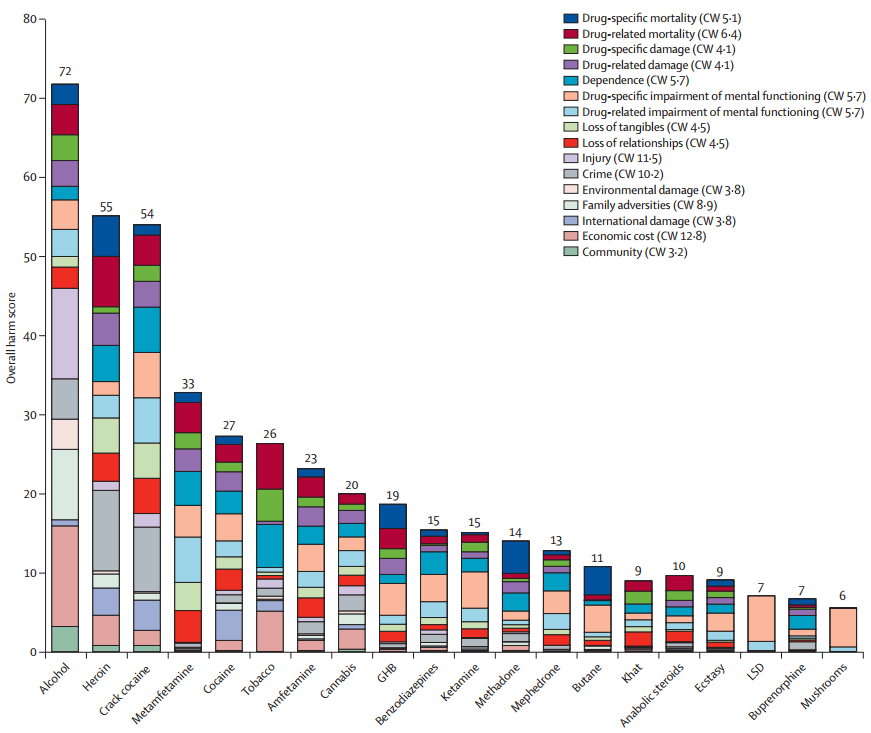BitCoin: Technology & Morality
CS 463
Lecture, Dr. Lawlor
Technology of BitCoin
It's actually pretty simple:
- A "transaction" is moving some money between one address and
another.
- An "address" is an ECDSA public key. The corresponding
private key, which you keep secret, is used to authorize
transactions by digitally signing them. The public key
acts as the address's public name. There is no connection
between an address and a legal identity; one person could have
any number of addresses, and it's not possible to look at a
transaction and be able to tell the difference between somebody
rearranging their own accounts, and a major transaction between
two people. An address never has negative
balance--transactions that move out more money than are in the
address ("double spend") are not valid.
- A "wallet" is just a list of addresses and their corresponding
private keys. A wallet file contains 100 spare keys for
future use in the "key pool", so you can back up the wallet,
make some transactions, and still manage to recover.
- A "block" is a list of recent valid transactions, collected in
a peer-to-peer fashion. The "blockchain" is a hash-linked
list of all the blocks so far. If you receive money, you
have an incentive to make sure everybody knows about the
transaction, by getting it included in the blockchain.
- "Mining" is collecting and verifying the blockchain, which is
key to keeping the entire ecosystem running. About every
10 minutes, somebody finds a block + nonce that has a SHA-256
hash with "enough" leading zeros, where "enough" keeps getting
adjusted so they get found every 10 minutes. Currently you
need about 50 leading binary zeros, which takes thousands of
trillions of tries to find. The incentive to do this is
you're allowed to add a transaction moving 25 bitcoins into your
wallet at the end of the verified block!
The surprising things about it are:
- There is no central bank, and no central trusted
authority. Anyone can 'mine' to verify
transactions--they'll even pay you coins to do this. This means
counterfeiting is not really possible--you need to say where the
money in your wallet came from for the transaction to be
valid. In particular, officially sanctioned inflation like
the 1933 Gold Executive
Order, or today's quantitative easing, is theoretically
impossible. (Granted, the government could just ban
BitCoin and require people to use GovCoin, possibly at some
exchange rate.)
- By design, BitCoin's overall behavior is similar to the gold
standard. Whether this is a bug or a feature depends on
your point of view.
- The total value of the BitCoins issued, times the current
BitCoin/dollar rate, is about a billion dollars. This
makes it big enough to be interesting to investment banks like
Goldman Sachs. The total value of the US dollar is
something like $10T, so BitCoin is a fairly minor currency.
Morality of BitCoin
One problem with BitCoin is nobody knows what the value should
be--is a pizza 10,000 BTC or 0.0001 BTC? Value stability can
be a problem with any currency, where there are two macroeconomic
error conditions:
- Inflation: value of the currency drops. Slight inflation
is usually considered beneficial, since it acts like a tax on
currency doing nothing (not invested in productive
activity). Extreme inflation, "hyperinflation", first
destroys savings and then destroys commerce, and is basically
always caused by the supply side, where the government keeps
printing money, usually to inflate away government debt.
- Deflation: value of the currency rises. Deflation is
easy for the government to fight if they can just print more
money. If they can't, such as due to the gold standard,
there's a serious problem with debt--deflation makes it harder
for borrowers to repay with the more valuable currency. If
borrowers can't repay, lenders won't lend and the economy siezes
up.
The other huge problem with alternative payment services is they
tend to get used for thing you can't do on legitimate services--for
example, illegal transactions like money laundering or drug
transactions. This means what looks like a technical issue,
preserving anonymity in transactions, turns into a very
controversial social and very thorny moral issue.
For example, the $1m/month online illegal drug marketplace
Silk
Road uses BitCoin as its payment service, despite denominating
prices in US dollars. Dealers and buyers still get busted, but
it's during delivery, or because they didn't hide their IP address
sufficiently, not via the payment service.
Morality of Drug Laws
In 2010 a doctor of neuropsychopharmacology in the UK led a workshop
of experts to quantify
the harms from a set of drugs, resulting in this surprising
chart:

The first author of the study, David Nutt, was fired
from his position on a UK government research council due to
disagreements about this approach.
I personally am not sure what the lack of correlation between harm
and legality implies--should we ban the manufacture, possession, and
distribution of alcohol too? Legalize everything to the right
of some trade-off point? Reboot our approach to drug addiction
entirely? How? Unfortunately, there are no easy answers, only
complex and historically dependent trade-offs.
One lesson here is you can't ignore the second-order and third-order
effects of your choices. The designer of BitCoin chose to make
transactions anonymous, which has fairly straightforward
implications for a very touchy subject that could result in BitCoin
being demonized and banned.
